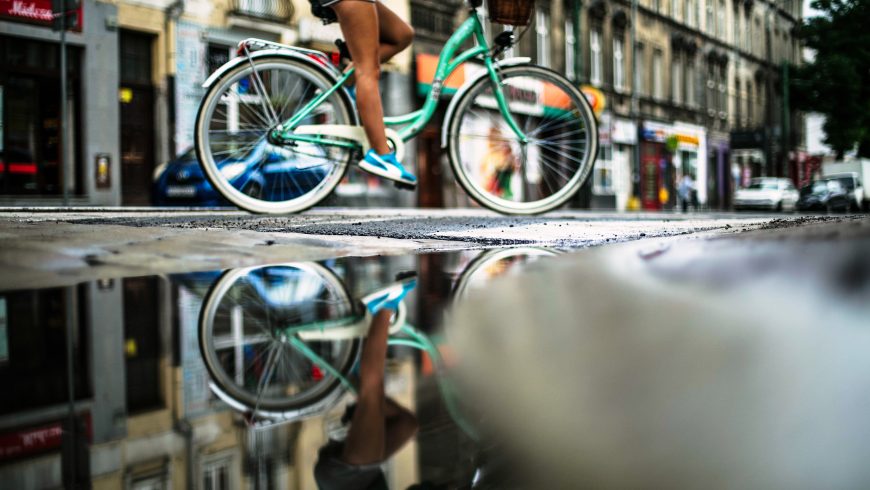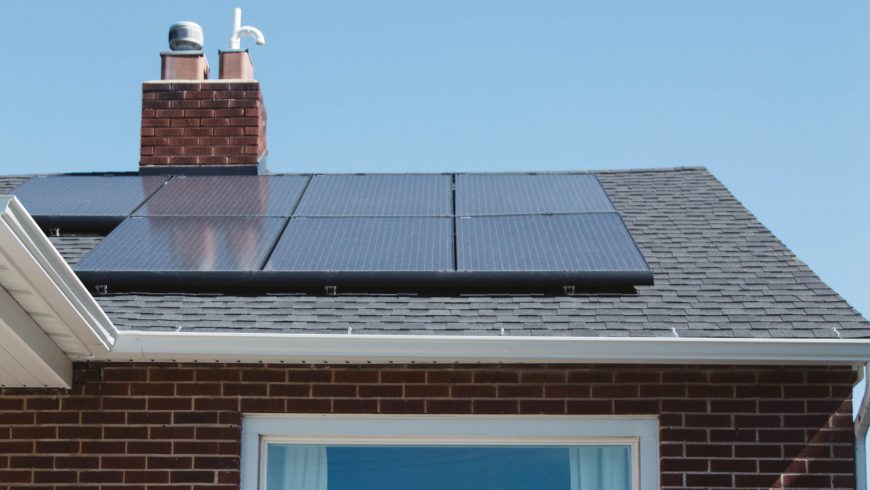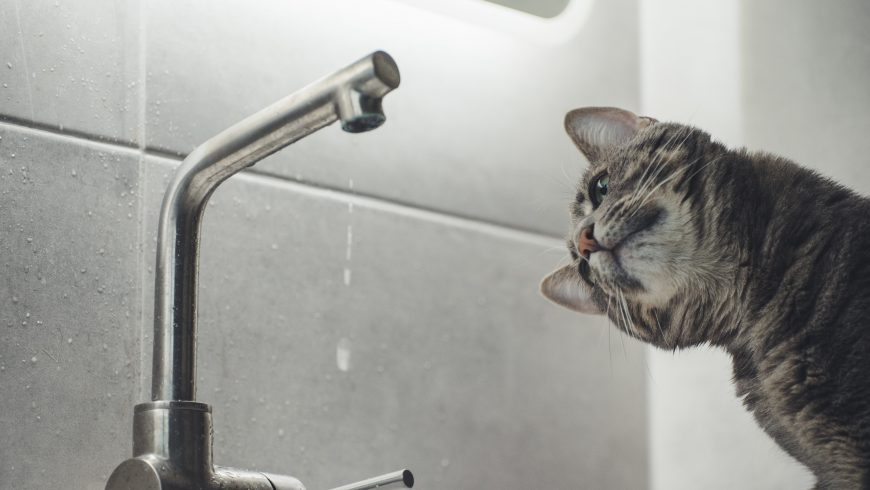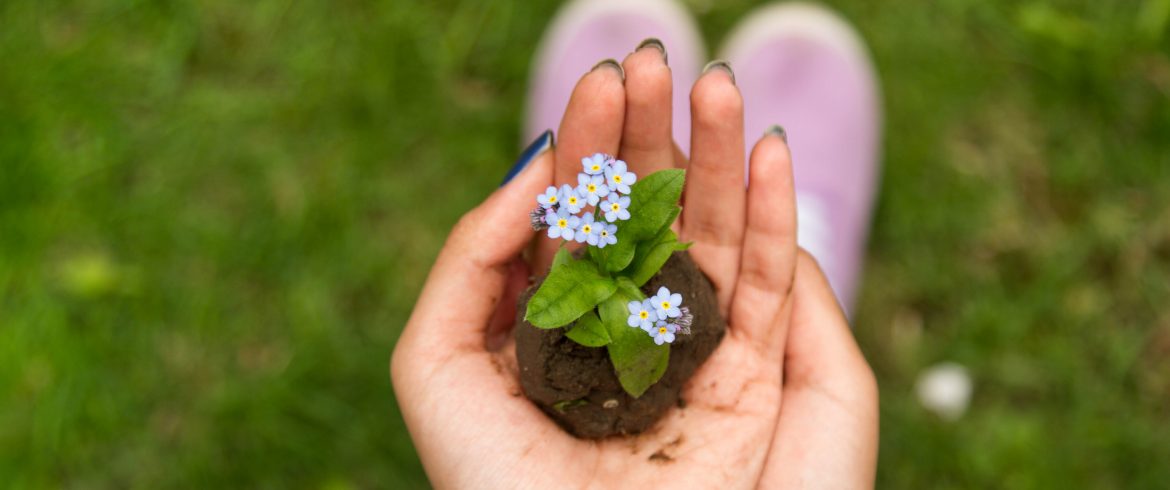There are more than seven billion people on the planet, and each year, we dump more than one billion tons worth of waste. More than 30% of coral reefs have been destroyed, and over nine million tons of plastic are dumped into our oceans on a year-to-year basis. With these statistics in mind, it is no wonder many people are looking for ways to become eco-friendly. More-and-more businesses are making appropriate moves to become more environmentally-friendly. While a lot of homeowners want to make similar moves to help the planet, they often find themselves in situations where they are unsure what the first step is.
We look at some of the most critical ways to be eco-friendly – a few tips that homeowners and the average person can take advantage of if they want to reduce their negative mark on Earth.
What Does It Mean To Be Eco-Friendly?
Being eco-friendly essentially means reducing the impact that a particular individual has on the planet. Many people who are looking for an answer to what it means to be eco-friendly find themselves interested in reducing their negative impact.
This “impact” refers to factors like products used in the household, the items that are purchased from the local grocery store, the way that the person gets around town, and more – all of these factors ultimately contribute to whether a person contributes to a cleaner or a more polluted Earth.

7 Ways To Be Eco-Friendly
The good news for anyone looking to become more concerned with the environment is that there are many ways to be eco-friendly. Even though some tips may seem like it would not have such an impact, it is important to consider the fact that every bit helps. Looking for essay writing help and turning in the project in a digital format, for example, reduces the use of trees for the production of paper.
1. Switch To Solar Energy
One of the first steps that can be taken to have less of an impact on the environment is to switch to solar energy. This primarily means setting up solar panels that are able to provide a household with hot water. At the moment, solar panels are not the preferred option for powering an entire house; however – something to be taken into consideration, whether looking to implement these steps in your own house or looking for help with essay writing on a topic related to “going green.”
In some areas, renewable energy sources are also used to generate electricity without causing such a negative impact on the air quality of the planet – as burning through coal to generate energy produces a significant amount of pollution in the atmosphere.

2. Stop Printing And Go Digital
While printing is certainly a beneficial way of carrying information around and presenting data in a physical form, this does bring up the need to cut down trees. Ink is also considered a toxic material for the environment.
With this in mind, those people looking for essay help from an essay writing service should consider handing in such a project, following completion, in an electronic format. Using a PDF document simply requires access to a computer, and no trees need to be cut down.
3. Start Shopping For Organic Food
Another important step to take when looking at ways to be eco-friendly is to switch to organic food while shopping. While this may yield slightly higher prices than the average bag of processed foods, it is an important step for both the human body and the environment.
Non-organic food may contain genetically modified organisms, and they are often treated with pesticides. Both of these are harmful elements of the human body. In the environment, this contributes to pollution.

4. Catch And Use Rainwater When Possible
Rainwater is generally considered clean and gives a person an excellent opportunity to reduce the use of water from public systems – with thousands of liters’ worth of water wasted each day; this is yet another critical step that the human population needs to take.
It is easy to catch rainwater in bins – simply ensure the bin has been disinfected and is sanitary. The rainwater can then be used for anything from watering the plants on a sunny day to cooking.
5. Switch Off The Lights
When looking for help with essay writing, one of the very first tips will be to save on electricity – and this is a valid point. This starts with switching off the lights, and for a simple reason – people often forget the lights on as they leave a room.
When a person fails to switch off lights in rooms that are not in use at that very moment, it leads to more energy being used. In turn, this means contributing to air pollution.
6. Close The Taps
Just as switching off lights can help to reduce electricity usage, closing taps all the way can reduce the wastage of water – something that the entire planet is currently struggling with.
When done showering or washing hands, a person should ensure they properly close the tap and not leave the area until they are sure no water is dripping from the tap.

7. Participate In Recycling Programs
Finally, when looking at what does it mean to be eco-friendly, a popular recommendation would be recycling.
This involves re-using certain products. Joining a recycling program is a great way for a person to become eco-friendly and ensure that products that they no longer use in the house can be repurposed.
Conclusion
The population has already caused a significant impact on the planet, leading to air and water pollution, cutting down trees, and more. These factors are directly affecting the resources that are available to the people on the planet. Fortunately, many people are looking for ways to be eco-friendly. With just a few simple steps, it is possible to become more eco-friendly – and every person adopting these tips contributes to a cleaner planet, little-by-little.
Author: Jessica Vainer
Cover image: photo by Tom Ezzatkhah on Unsplash




